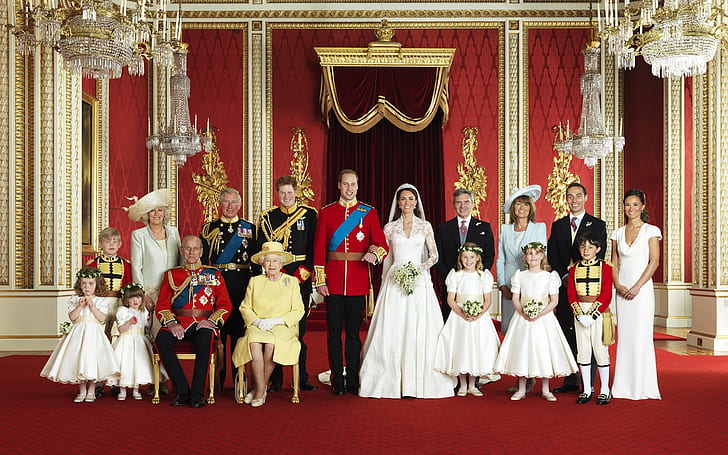
FAQ About Royal Family
Royal Family
2 years ago | gizem
Does the Queen have any political power?
The Queen's political power in the British government is limited. While she is the head of state, her role is largely ceremonial and symbolic. The political power in the United Kingdom rests with the elected representatives and the government.
Here are some key points regarding the Queen's political power:
- Constitutional Monarchy: The United Kingdom operates under a constitutional monarchy, where the monarch's powers are constrained by constitutional and legal frameworks. The Queen's powers are largely defined by conventions, traditions, and the law.
- Executive Power: The Queen exercises executive powers in theory but, in practice, these powers are exercised by the elected government. The Prime Minister and the government are responsible for making and implementing policies.
- Royal Assent: The Queen gives royal assent to legislation, which is the final step in the legislative process. However, royal assent is a formality, and it is rare for the monarch to refuse assent. The power to make and pass laws rests with Parliament.
- Advice of the Prime Minister and Government: The Queen acts on the advice of the Prime Minister and the government. The Prime Minister advises the Queen on various matters, including the appointment of government ministers and the dissolution of Parliament.
- Political Neutrality: The Queen remains politically neutral and does not publicly express personal opinions on political matters. Her role is to provide continuity, stability, and a unifying figure for the nation.
- Privy Council: The Queen presides over the Privy Council, a formal body of senior politicians, judges, and other prominent individuals. The Privy Council advises the monarch, but decisions are typically made on the advice of the elected government.
- Influence and Soft Power: While the Queen's political power is limited, she wields significant influence and soft power through her status, reputation, and ability to connect with people. Her speeches, state visits, and public engagements contribute to diplomacy, cultural relations, and national unity.
